How Gestalt Therapy Helps You Let Go of Survival Mode
“Терпение и труд всё перетрут.”
Patience and hard work will grind everything down.
If you grew up in a Russian-speaking household, you likely heard this from early childhood — from parents, teachers, elders. It wasn’t just a saying. It was a way of life.
Why Adult Children of Immigrants Struggle to Rest
For many adult children of immigrants, rest doesn’t just feel unfamiliar — it can feel unsafe. You may have grown up watching your caregivers sacrifice sleep, leisure, and emotional expression in the name of survival. You learned, often without words, that slowing down meant falling behind, being lazy, or letting others down.
Even today, rest can trigger guilt, discomfort, or the sense that you’re “wasting time.” That’s not your fault — it’s a reflection of the deep survival messages inherited from families who had no room for vulnerability or pause. A cultural truth passed down with love, fear, and survival. This powerful mindset helped you push through school, succeed in college, and build an amazing career — often from the ground up. And when you came to the U.S., you may have leaned on it even more.
It became your engine: a quiet drive to prove yourself, to keep going, to make it work — no matter what.
Over time, you mastered this mindset as the only way to live in the world.
But gradually, something else happened:
Rest started to feel uncomfortable
Emotions began to feel like weakness
Asking for help just felt wrong
What once helped you survive now leaves you feeling stuck, disconnected, and quietly exhausted.
Gestalt Therapy and the Power of Exploring Introjects
In Gestalt therapy, we call these deeply held beliefs introjects — messages we absorbed from our environment without questioning them.
These introjects often come from family, culture, or past survival experiences.
The problem isn’t that you believed it.
The problem is that you were never given a choice.
Now you may feel:
Chronically tired or burned out
Guilty for resting or slowing down
Disconnected from your emotions
Uncomfortable being vulnerable
Stuck in a cycle of “doing,” never feeling like it’s enough
This is where therapy can help.
In Therapy, You Get to Choose
Hi, my name is Yuliya. I’m a bilingual therapist working with Russian-speaking clients and adult children of immigrants who are ready to unpack the survival beliefs that no longer serve them.
Together, we’ll explore:
What value these beliefs served at the time
Their history in your family or culture
The moments they helped you power through and survive
We’ll slow down and pay attention to the here and now — noticing how these old patterns still live in your body, your decisions, your relationships.
And we’ll gently explore whether you’re still returning to that familiar place of overworking and self-neglect — even when you don’t have to anymore.
This mindset might feel like your favorite old jeans — worn in, familiar, and comfortable.
You’ve lived in them for so long that trying on anything new feels odd, unfamiliar, even “not you.”
But in therapy, we can experiment with new perspectives — new ways of being.
We’ll notice together:
What does this new mindset feel like in your body?
What is it like to say it out loud?
How do you respond to softness, rest, or self-compassion?
Many of my clients share how hard it is to slow down without feeling guilt or anxiety.
That discomfort often points to early survival beliefs — not personal failure.
Together, we learn to stay curious about that reaction, not judgmental.
Therapy becomes a place where rest is practiced, not just discussed.
Through this process, you begin to develop new choices.
You begin to see different possibilities for how you live, relate, and take care of yourself — not out of survival, but from a place of wholeness.
You get to rest.
You get to feel.
You get to choose.
Ready to Begin?
If what you’ve read resonates with you, and you feel ready for a deeper journey — one that honors where you come from and helps you choose where you’re going — I invite you to reach out.
Contact me for a free consultation call.
Let’s see if this work is the right fit for you. Curious to go deeper? In my blog on culture, childhood experiences, and beliefs, I explore how our early stories continue to shape us today.

